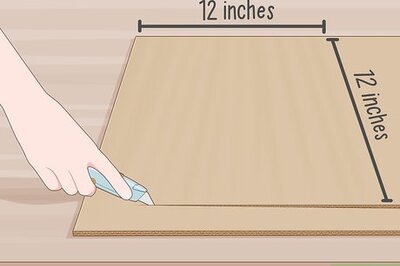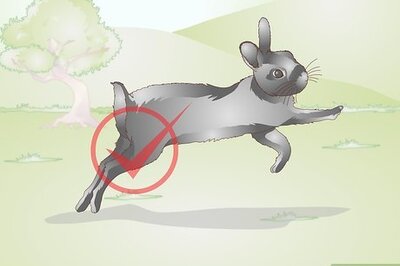
views
Employee Provident Fund (EPF) is a very significant and one of the most widely used tools for retirement planning. With an interest rate of 8.65% approved for 2018-19, an employee’s PF account can fetch much higher returns than FD at a comparatively lower risk. To ensure that employees stay invested in their EPF, withdrawals made after five successive years of contributions are completely tax-free. However, any withdrawals made by employees before five years of complete service are subject to tax, or TDS (Tax deducted at source). But still there are cases when an employee doesn’t have to pay tax despite not meeting the specified EPF withdrawal rule. Listed below are cases when withdrawals from one’s EPF account will not be subject to tax:
Unavoidable illness: If an employee has fallen ill and requires the provident fund money to pay for his medical expenses, he/she is allowed to make a TDS-free withdrawal. The employee has to prove that he/she has discontinued working as a result of the illness. In such a case, the Employees' Provident Fund Organisation (EPFO) allows the employee to make a tax-free withdrawal despite him/her not completing five years of continuous contribution towards their PF.
The total PF amount is less than Rs 50,000: If the employee’s total PF amount is less than Rs 50,000, then the withdrawal can be tax exempted, even if he/she has not served five years of continuous service to the EPF.
Using Form 15G or Form15H: The withdrawal can be tax exempted if the employee submits Form 15G or Form 15H along with his/her PAN card details to make a withdrawal before completing five years of continuous contribution towards the EPF. Form 15G and Form 15H are forms you can submit to prevent TDS deduction if your total income is below the taxable limit.
Transferring funds: When an employee is transferring his/her PF money from one EPF account to another, no TDS will be applied on the amount that has been transferred.
After 5 years of continuous service: Once an employee has completed five years of continuous contributions towards the EPF, he/she by law is allowed to make a withdrawal that is not subject to TDS. Having said that, allowing the PF contributions to accumulate in one’s EPF account is the smartest option as the accrued interest on the standing balance is tax-free and can build a significant corpus for retirement.



















Comments
0 comment